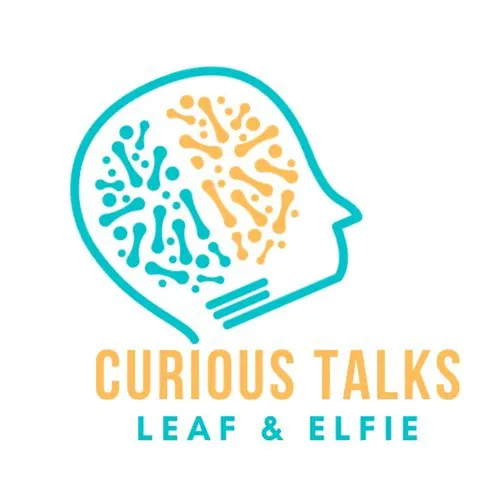The Edge of Sentience: Exploring Consciousness in Animals, Humans, and AI
- Author
- Leaf & Elfie
- Published
- Wed 06 Aug 2025
- Episode Link
- None
What separates creatures who feel from those who don't? Where exactly does consciousness begin, and what responsibilities do we have toward beings capable of suffering?
In this episode, we speak to Professor Jonathan Birch, director of the Jeremy Coller Centre for Animal Sentience at the London School of Economics. Through groundbreaking research, Birch reveals surprising evidence that insects—creatures with brains smaller than pinheads—demonstrate behaviors suggesting they experience pleasure and play. Bees roll balls without reward, seemingly for fun, while fruit flies repeatedly ride miniature carousels purely for enjoyment.
This conversation ventures into unexpected territory, from the policy implications of recognizing sentience in octopuses and crabs to the heartbreaking ethical dilemmas surrounding human patients with brain injuries. Birch shares his work leading a government review that extended legal protection to invertebrates previously excluded from animal welfare laws, while questioning medical practices that make stark distinctions between conscious and unconscious states when evidence suggests a more complex reality.
Perhaps most provocative is the exploration of artificial intelligence and consciousness. Are we creating systems that merely mimic sentience perfectly, or could they develop genuine experiences? As Birch explains, we might have more in common with a bee than with even the most sophisticated AI—despite the latter's ability to converse fluently.
Throughout this fascinating discussion, one principle emerges consistently: when uncertainty exists about consciousness, we should err on the side of caution. This precautionary approach has profound implications for how we farm, conduct research, practice medicine, and develop technology. Join us for a mind-expanding journey that will transform how you see the creatures sharing our world—and perhaps even what it means to be conscious.
